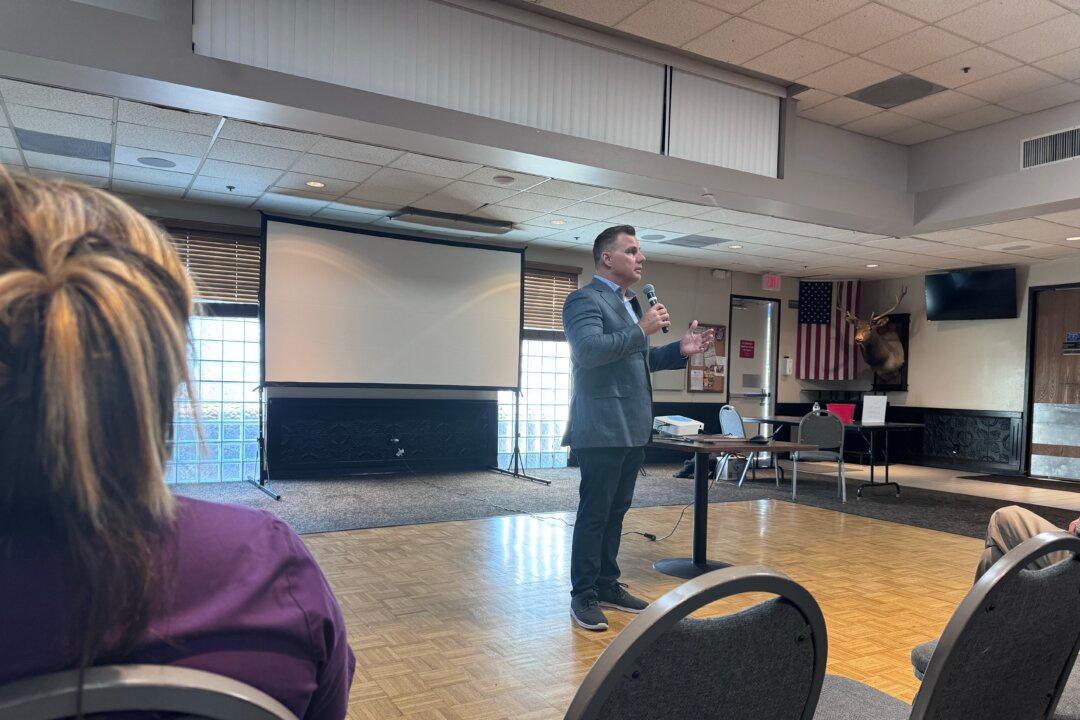During a May 20 gathering at the Huntington Beach Elks Club, City Attorney Michael Gates updated residents on a slew of lawsuits the city is facing, including one that could force city officials to adopt a state-mandated plan for affordable housing.
Last week, California Attorney General Rob Bonta announced he and Gov. Gavin Newsom had secured a lower court victory in a March 2023 state lawsuit over the city’s failure to plan for housing. But the recent success will be short lived as the city pushes forward in a battle for local control, Mr. Gates said in his update.





